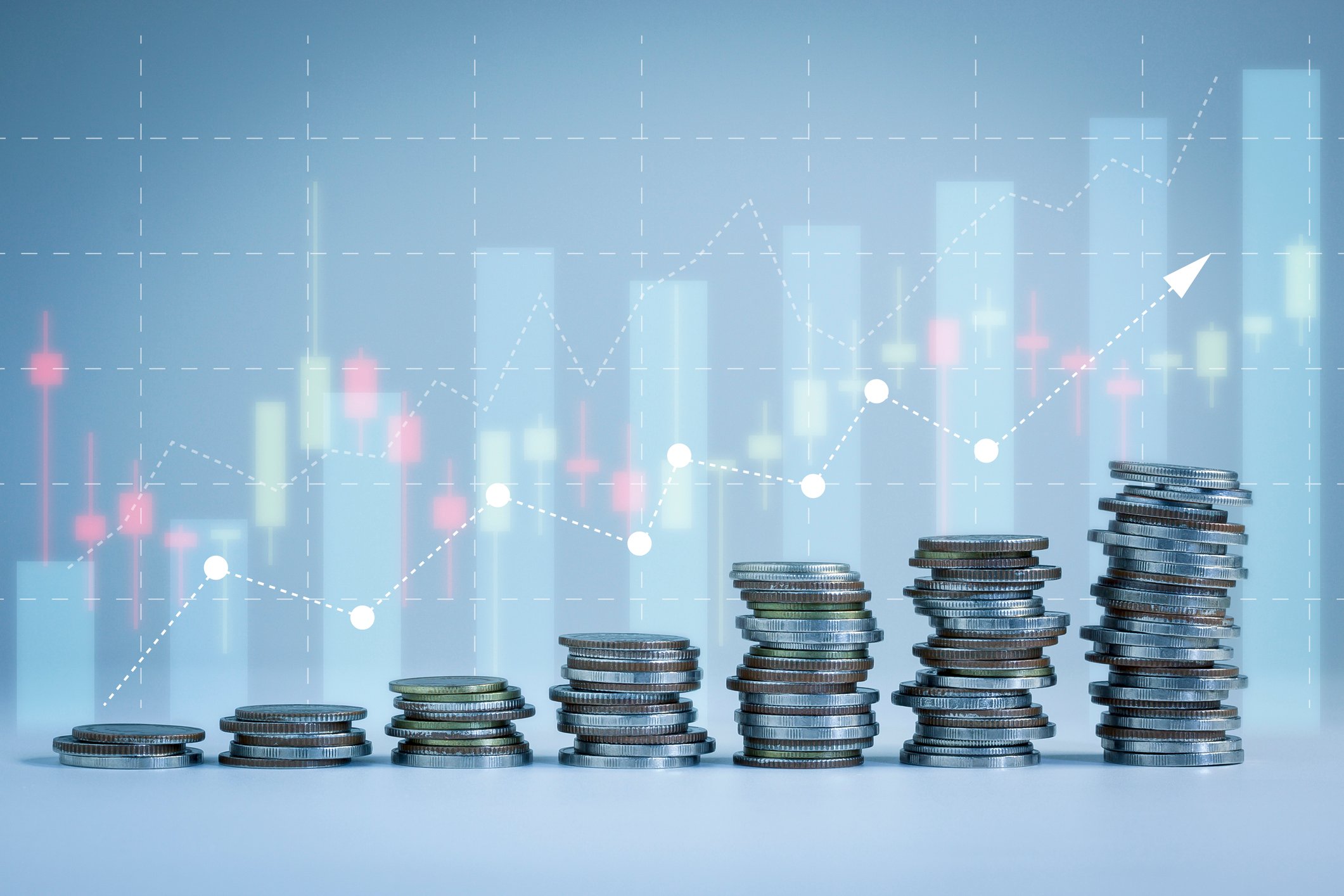The coronavirus pandemic has changed the world in a truly short span of time. It is difficult to say when a treatment or vaccine for the coronavirus will become available. Though approaches to handling the pandemic vary across countries, a trend of cases peaking and then declining seems to be emerging. If this trend continues, hopefully life will adjust to a new normal in the coming months. Wearing masks, social distancing, and remodeling offices and factories to curb virus spread are already becoming new norms.
As the world gets back to work, and economic activity picks up, the demand for oil and gas should slowly rise. Energy companies with strong fundamentals and diversified asset bases should be able to survive the short-term challenges and make for compelling investments. Three such companies are Enterprise Products Partners (EPD +0.46%), Enbridge (ENB +0.28%), and Kinder Morgan (KMI +2.22%). Let's look at how these three oil and gas stocks offer an opportunity to capture an incredibly attractive dividend yield compared to that offered a few months ago.

Image Source: Getty Images.
Enterprise Products Partners
Enterprise Products Partners grew its distribution -- MLP speak for dividend -- consistently for 63 straight quarters before keeping it flat in the latest quarter. That kind of distribution growth is not just a coincidence; it reflects the company's commitment to returning value to its shareholders as well as its deep understanding of markets, strong asset base, and financial discipline. Though Enterprise is not completely immune to the effects of oil and gas demand destruction due to COVID-19, the company has taken swift measures to lessen the impact.
Enterprise Products Partners has reduced its 2020 planned capital expenditures by $1.1 billion and is working to reduce costs wherever possible. The company is on a strong footing in terms of its contracts with customers. For example, its liquefied petroleum gas (LPG) export facility is fully contracted with more than 90% of the contracts being take-or-pay contracts. If a customer doesn't use the facility, it'll need to pay Enterprise a penalty. For LPG contracts, this penalty essentially makes up Enterprise's profit from actual exports. Say the contract fee is $100. If a customer uses the facility, the company incurs export expenses of, say, $80. So, it earns $20 profit. If a customer doesn't use the facility, the penalty under the contract will be $20. So Enterprise makes more or less the same amount irrespective of the customer actually using the facility.
If -- and that's a big "if" -- COVID-19 impacts indeed subside in the next couple of quarters, Enterprise should manage to keep its distributions safe. The company's adjusted earnings in the first quarter was essentially flat compared to the year-ago quarter. Enterprise Products' debt-to-EBITDA ratio is around 3.5 times whereas its first-quarter distributable cash flow was 1.6 times its distributions. Strong first-quarter results and a conservative financial profile make it a top stock for dividend investors.
Enbridge
Like Enterprise Products, Enbridge delivered strong results for the first quarter. Enbridge's strategic asset base, diversified earnings, and balance sheet strength place it well even in challenging markets. While the company's first-quarter performance was strong, it expects reduced energy demand to impact performance in Q2. However, the company expects improved performance in the latter half of the year. Based on that, Enbridge has kept its per-share distributable cash flow guidance range for the year unchanged at 4.50 Canadian dollars to CA$4.80.
In April, throughput on the company's key Mainline crude oil system fell by approximately 400,000 barrels per day to 2.7 million barrels per day. That's roughly 14% lower than average Q1 volumes on the system. The company expects volumes to remain around that low in May and June and recover in the second half of the year. Enbridge's Mainline system connects to several refineries across North America. As demand for refined products picks back up, it's reasonable to expect pipeline volumes to increase as well. Further, Enbridge's earnings from its gas transmission, gas distribution, and storage operations are more resilient to the impacts of COVID-19.
EPD Dividend Yield data by YCharts.
Kinder Morgan
Kinder Morgan posted lower first-quarter earnings, driven by a mix of factors. Among other factors, lower refined product demand in March affected the company's product pipeline volumes, while lower crude volumes and lower natural gas liquids prices dented the CO2 segment's performance.
Demand for refined products will likely remain cratered in the second quarter, too, but should recover in the latter half of the year. Similarly, crude and natural gas liquids volumes and prices might continue to impact the company's commodity-price-sensitive CO2 segment's performance. However, the company uses futures contracts and derivative strategies to limit losses from oil and commodity price volatility.
On the positive side, Kinder Morgan's gas volumes shouldn't be much affected due to the coronavirus. Even so, the company expects a 10% impact on its 2020 distributable cash flow due to the coronavirus. Management still expects to keep debt levels close to its target range. Whether Kinder Morgan raises dividends at the rate projected in 2017 remains to be seen. However, at a depressed stock price, the current yield looks attractive.
These three stocks might not beat the market on a price basis. However, all three have high dividend yields that don't look at risk of a payout cut. On a total-return basis, Enterprise Products Partners, Enbridge, and Kinder Morgan all look to be attractive investments that could generate substantial income and good long-term returns.









